The blockchain has come a long way since Bitcoin’s inception, but somehow, we’re still not quite there yet. Cryptocurrencies have helped to pave the way however, and they’ve shown the world the potential which the blockchain posessess, but we’ve hit a roadblock.
In their present state, blockchain applications are just too slow to compete with existing networks. You can tout the benefits of decentralization and the wonders of the immutable ledger all you want, but if a game about collectible cats can cause the entire network to grind to a screeching halt, nobody will listen to you.
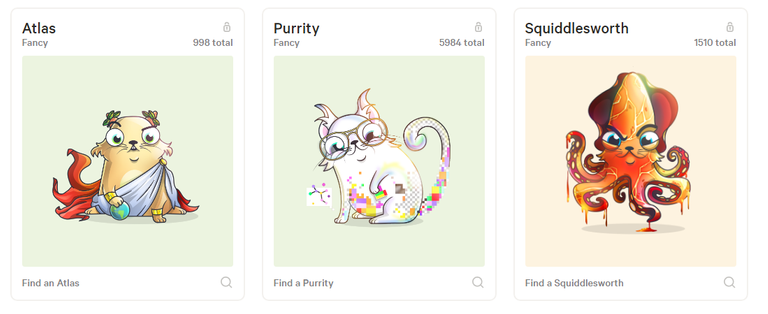
However, when you hear about a blockchain DApp crippling the Ethereum ecosystem, you might imagine an application with millions of users bringing mighty Ethereum, the number two cryptocurrency by market cap, to its knees, but in the case of CryptoKitties, in their heyday they saw just 14,000 active daily users.
With numbers like this, how can we expect a mega corporation like Mastercard, which needs to process 38,000+ transactions per second, to take the blockchain seriously as a solution?
Harmony a scalable blockchain solution
Harmony is a blockchain project which aims to be the new building blocks of the internet. Much like big brother Ethereum, anyone can use the Harmony ecosystem to build a decentralized blockchain application.
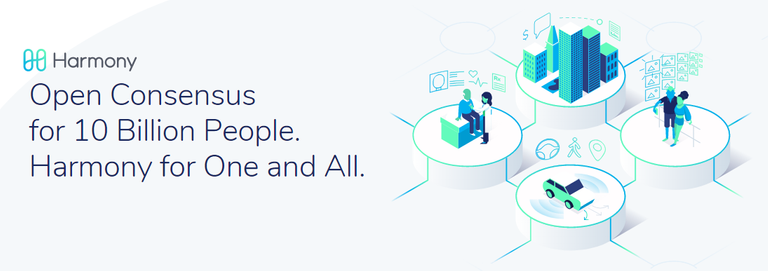
The Ethereum network is currently capped at a much less attractive 15 transactions per second, which is why it experiences difficulties when transaction heavy apps like CryptoKitties amass popularity.
Harmony’s superior transactional capacity is mostly thanks to sharding, a process which allows the blockchain’s workload to be broken up into smaller and more manageable pieces. This allows the network to handle much larger workloads than its predecessors.
Proof of Stake based set-ups, like Harmony’s, are also much more energy efficient than Proof of Work. Validators won’t need massive mining farms to confirm blocks, which not only saves on operating costs and equipment, but it’s also better for the planet.
Harmony and the fight against centralization
Ethereum, and most other Proof of Work cryptocurrencies also suffer from another enormous problem though. Centralization.
Centralization is one of the largest threats to cryptocurrencies and blockchain applications because it allows malicious parties to control the network. Under normal circumstances, these entities are out-voted by the majority and all is well, but..
Originally, this wasn’t an issue, because anyone could become a miner and aid in the decentralization of the network. Unfortunately, due to the increased costs of becoming a miner, now giant mining conglomerates control most of the voting power and the block rewards.
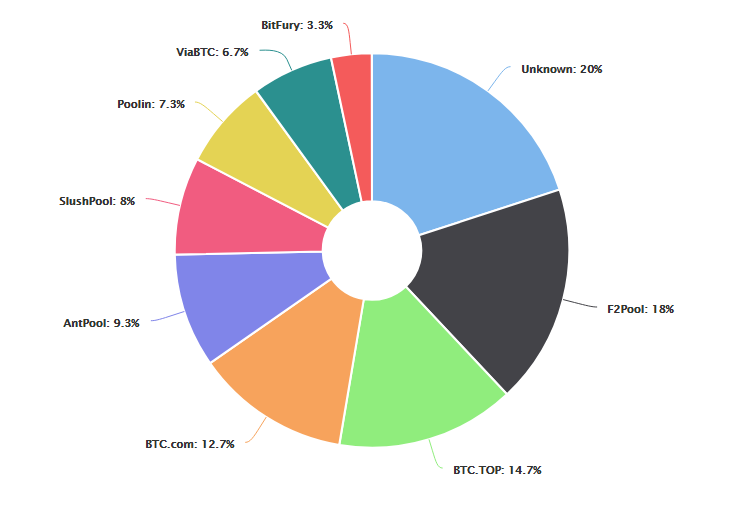
Mining a major cryptocurrency like Bitcoin now requires an investment in the tens of thousands of dollars range. Attempts to mine with anything less often prove futile, and new miners quickly give up, allowing mining farms to gobble up more space on the network.
While Proof of Stake is often proposed as an alternative, it’s not quite safe from centralization either. Wealthy investors can easily buy up large sums of coins, and then shut out smaller participants from staking.

The good news is, Harmony’s ecosystem has accounted for this shift. While it’s not quite the same as Ethereum’s proposed Proof of Stake concept, which will randomly award blocks to stakers, it does make things more fair for the little guy in other ways.
Harmony: A more inclusive blockchain network
Most Proof of Stake set-ups require you to hold a ton of coins or tokens in order to earn anything, but Harmony will allow all token holders to participate and be rewarded.
If you have only a few tokens, you’d be unlikely to generate rewards on your own. However, similar to a mining pool, you can earn a slice of the rewards by delegating your tokens to a validator which you can choose.
What’s even better, is that you will be financially incentivized to choose a smaller validator. A set-up like this helps to further solve the centralization issue, and more evenly distribute voting power to the community.
However, you may have realized by now that validators could simply break up their stakes into more nodes to gain more influence. This is true, but there are also hefty penalties levied on those that don't behave.
In addition, delegators share in this risk, and they could also have their stakes slashed if their chosen validator is breaking the rules! Delegators will quickly abandon these bad actors to save their own stash of tokens.
Use Case: Is Harmony the future of gaming?
The use cases for Harmony really are only limited to one’s imagination. Blockchain DApps have the power to bring most anything to life, in a way that is both cheaper, more secure, and nearly infinitely scalable thanks to the nature of the blockchain.
However, Harmony themselves are already making some great moves in the gaming niche, including forming a partnership with Animoca in order to buy collectibles application Quidd.

While some people may still be understandably confused about the whole blockchain collectibles craze, the reality is that its a huge market.
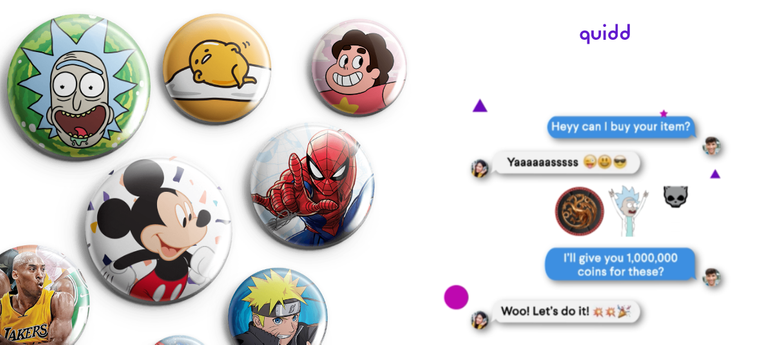
Loot boxes, skins, collectibles, and other digital goods have become one of the biggest revenue generators in gaming from mobile phones to home consoles, and the market continues to grow.
However, Harmony could allow developers of all sizes to build a more robust digital ecosystem for their games and applications, even linking them together to create transferable value that follows players to new games and helps to show digital collectibles as true assets.
Use Case: Harmony as the guardian of your data
Gaming is not the only application for Harmony by far, and I feel that they could also have a real shot at success by acting as a base layer for financial applications as well.
Harmony is a Zero-proof blockchain, which allows for maximum privacy for sensitive transactions. This could be useful for loan applications, employment data, and secure personal lending.
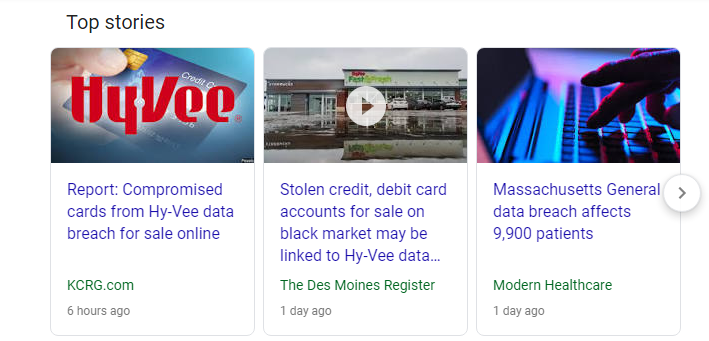
It seems like every week, there’s a corporation reluctantly admitting that they’ve accidentally compromised millions of consumer’s private financial information, which is promptly sold on the dark web to the highest bidder.
Under the Zero-Knowledge protocol, you can verify that a statement is true without actually transferring any other information to that party. If no information is transferred, then there is nothing to steal, and security for both parties is automatically increased.
Could the blockchain become the steward of our most intimate details, giving us the freedom to share only what is completely necessary in that situation, and allowing us to grant or revoke access to that information when we choose? I think so.
Harmony and the Apple effect
What’s so special about Harmony?”, you say.
Apple didn’t create the MP3 player, they just made it easy enough to use that everyone could own one. Shopify didn’t invent the online store either, but they built a product which allowed anyone, regardless of skill level to create an online store in an afternoon.
Similarly, I think Harmony will eventually allow anyone to create blockchain DApps in thanks to their partnership with Morpheus Labs, which allows you to choose a base blockchain, like Harmony, and then build on top of it using a programming language you already know.
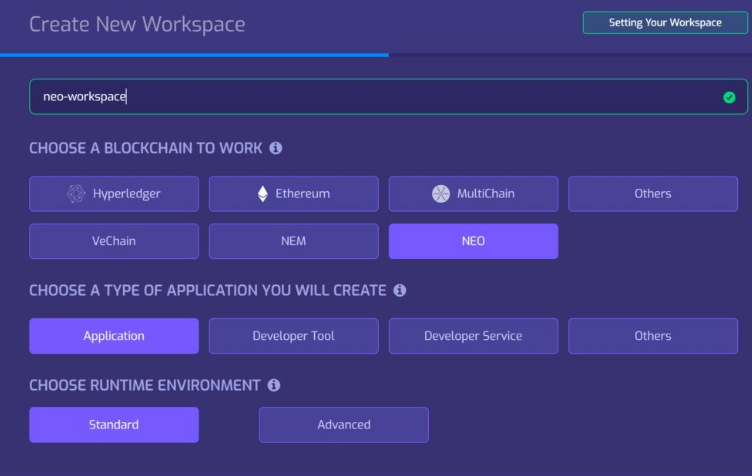
Morpheus Labs will even have pre-built templates available which will allow you to instantly deploy applications, and even share data with other developers, drastically reducing development time and costs.
The blockchain started out as a community run project, and I think it should stay that way. While everyone gets excited about corporate dollars flowing into the cryptocurrency community, maybe we should be more excited about small scale adoption.
We should be excited about the little guy with big ideas, and the fact that a platform like this could make blockchain development more accessible to indie developers, hobbyists, and people with big ideas, but little knowledge of blockchain development.
You can read more about the Harmony project at their website, have a look at the whitepaper, or follow them on Twitter.
Hey Garlam - Head of Marketing at Harmony here - really love the article and was wondering if you'd be open to more work as one of our writers!
Message me on telegram - @garlamw (and yes it is the real me - check my twitter to verify my telegram id - https://twitter.com/GarlamWon)